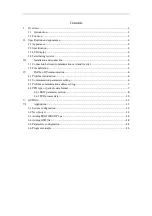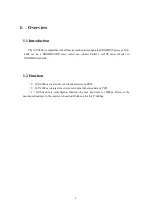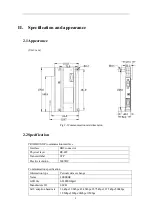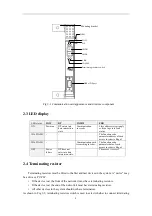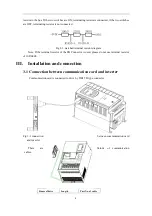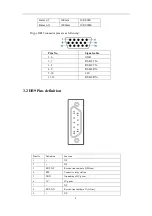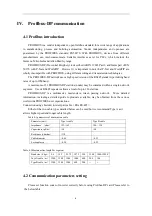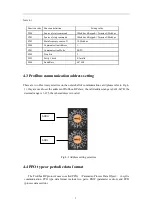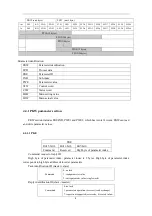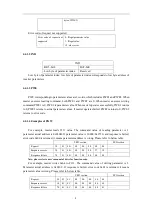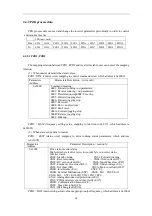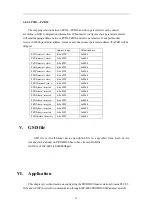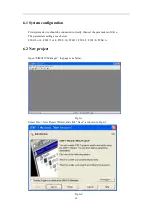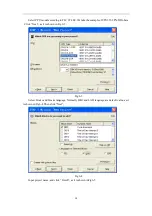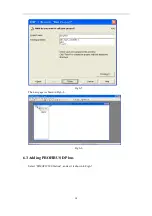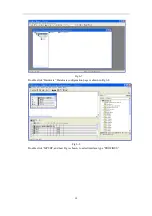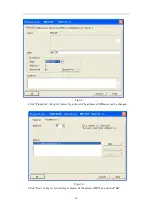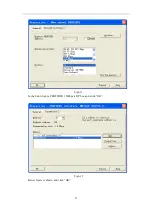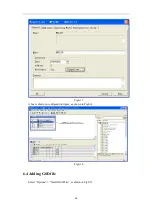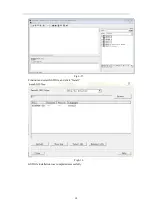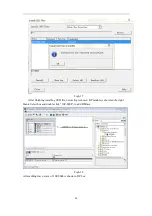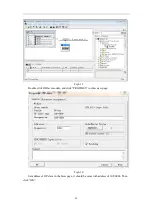
6
IV.
Profibus-DP communication
4.1 Profibus introduction
PROFIBUS is a vendor independent, open fieldbus standard for a wide range of applications
in manufacturing, process and building automation. Vendor independence and openness are
guaranteed by the PROFIBUS standard EN50170. With PROFIBUS, devices from different
manufacturers can inter-communicate. Suitable interfaces exist for PLCs, which include the
Siemens, Mitsubishi and Allen Bradley range.
PROFIBUS-DP (De-central Periphery) is described in DIN 19245 Part 3, and forms part of EN
50170 with P-Net and WorldFIP. However it is important to note that P-Net and WorldFIP are
wholly incompatible with PROFIBUS, using different wiring and transmission technologies.
The PROFIBUS-DP network uses a high speed version of the RS485 standard, permitting baud
rates of up to 12Mbaud.
A maximum of 32 PROFIBUS-DP stations (nodes) may be contained within a single network
segment. Use of RS485 repeaters allows a total of up to 126 stations.
PROFIBUS-DP is a multimaster, master-slave, token passing network. More detailed
information, including a detailed guide to products available, may be obtained from the various
world-wide PROFIBUS user organisations.
Connection using shielded, twisted-pair cable
(
EIA RS-485
)
.
Either of the two cable types detailed below can be used but we recommend Type A as it
allows higher speed and longer cable length.
Table 4-1 parameters of transmission cable
Parameter (unit)
Type A cable
Type B cable
Impedance
(
ohm
)
125--165
100—130
Capacitance (pF/m
)
<30
<60
Resistance (ohm/km
)
<110
-
Cable diameter
>0.64
>0.53
Sectional area
>0.34
>0.22
Table 4-2Maximum line length Per segment
Baud rate
(
kbps
)
9.6
19.2
93.75
187.5
500
1500
3000-12000
Taye A cable
(
m
)
1200
1200
1200
1000
400
200
100
Type B cable
(
m
)
1200
1200
1200
600
200
--
--
4.2 Communication parameters setting
Please set function codes of inverter correctly before using Profibus-DP card. Please refer to
the below table:


